Self Censorship Better Than Book Banning
This post may contain affiliate links.
Growing up, I made my own choices and censored the books I thought weren’t worth my time, for whatever reason.
I choose. Not a school board. Not a library. Not my teacher. Me.
I am grateful for the ability to choose what I read. Then and now. And I think it’s a freedom we must extend to everyone.
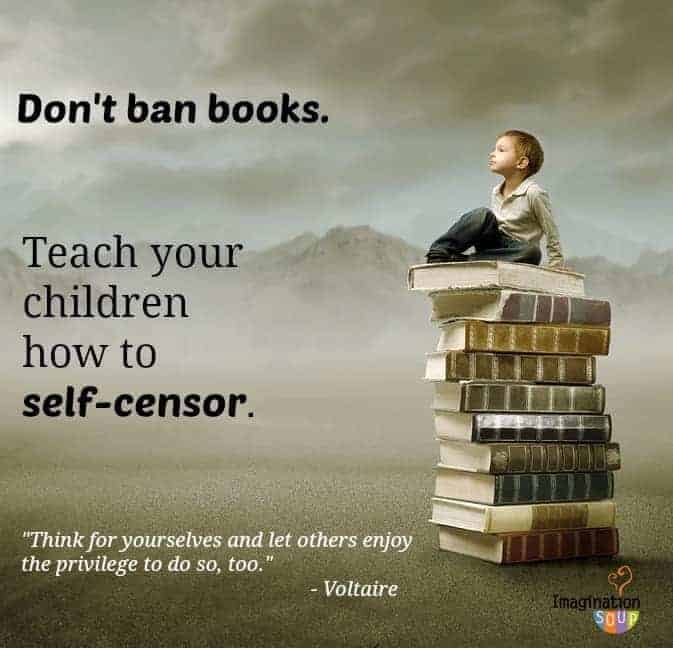
Banned Books, Parenting, and Schools
In 2011, a Missouri school board voted to ban two books from their high school library — Twenty Boy Summer by YA author Sarah Ockler and Slaughterhouse-Five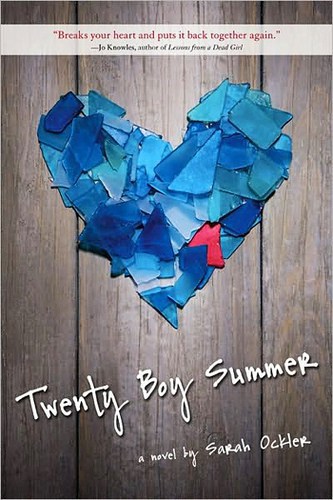 by Kurt Vonnegut.
by Kurt Vonnegut.
Sarah Ockler responded brilliantly to the news saying, “Look, I’ve said it before and I’ll say it a million times more. I get that my book isn’t appropriate for all teens, and that some parents are opposed to the content. That’s fine. Read it and decide for your own family. I wish more parents would do that — get involved in their kids’ reading and discuss the issues the books portray. But don’t make that decision for everyone else’s family by limiting a book’s availability and burying the issue under guise of a “curriculum discussion.”
Here’s the problem: Censorship takes away the reader’s right to choose. It takes away an important freedom to think critically for oneself.
The National Teachers of English explains in The Students’ Right to Read: “Freedom of inquiry is essential to education in a democracy.”
Read Write Think offers a lesson plan for teachers about examining banned books, and the American Library Association provides a wealth of resources for librarians.
If you’re a teacher, you can find information and activities on NCTE, The NY Times, and Banned Book Week.
As parents, we can stand against censorship for all and teach our children how to make good book choices and how to self-censor. In other words, as a parent, I teach my children how to select an appropriate book for themselves. As Ockler said, if it’s not something I want my child to read, I’d rather my kids know how to decide for themselves what book fits our family’s guidelines. (Not have the choice taken away from them!)
Banned Book Week Activities
Banned Books Week varies from year to year but is usually at the end of September and beginning of October.
“Think for yourselves and let others enjoy the privilege to do so, too.” – Voltaire
Do you read banned books? What are your favorites?
How do you help your child learn to self-censor?

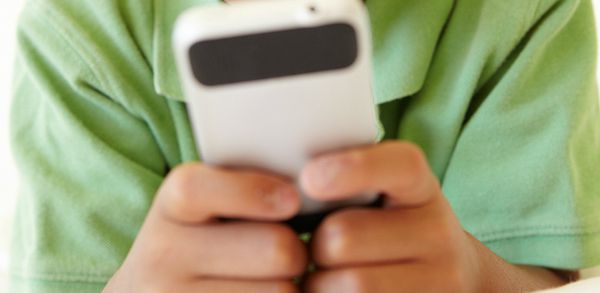
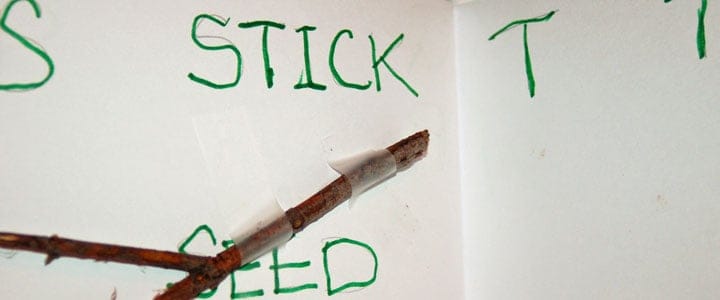
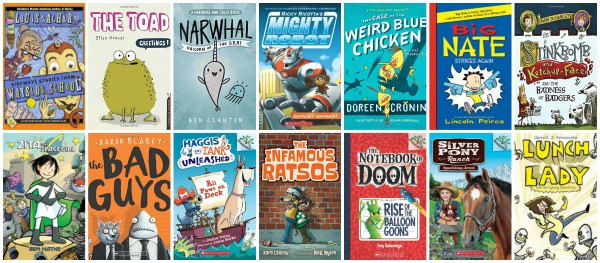
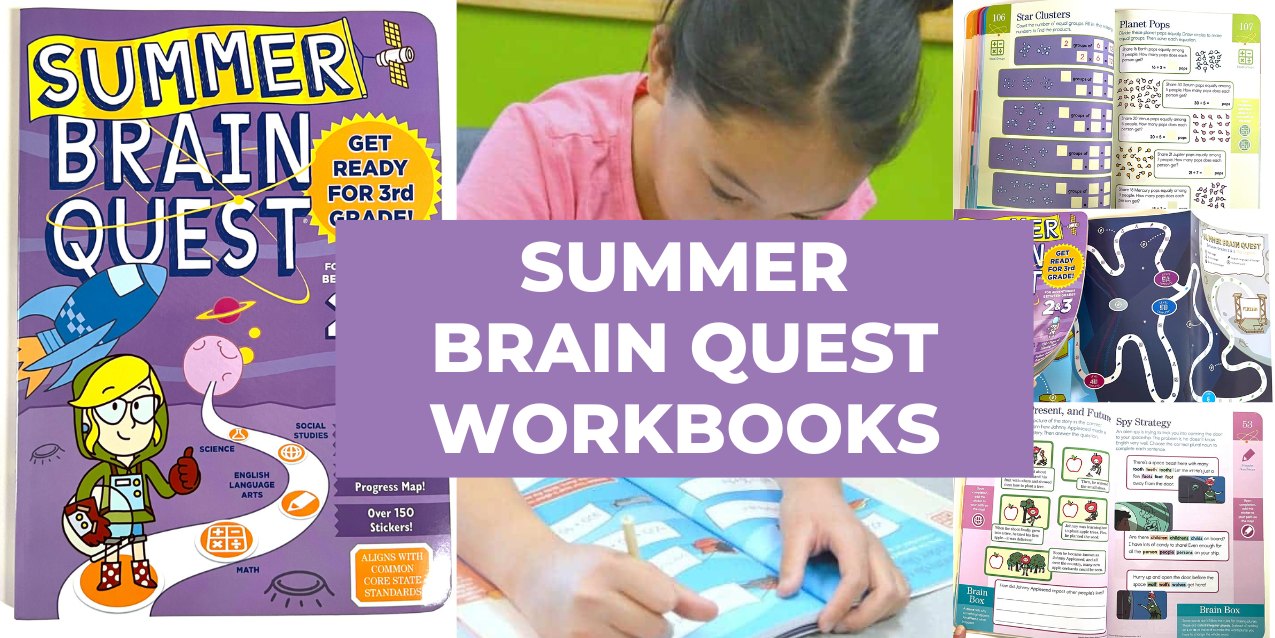
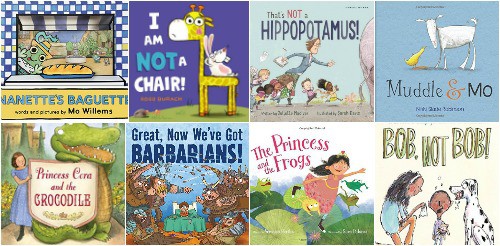
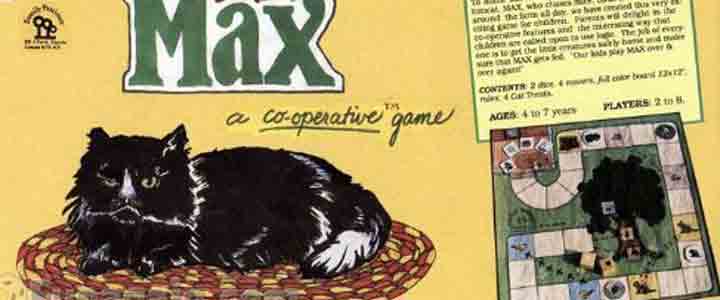
I was also allowed to read anything I wanted when I was a child- and I didn’t even have to talk about it with mom after. We did, because we’re that kind of family, but it wasn’t required. Besides a brief obsession with Tamora Pierce and some rather badly written sci-fi I didn’t spend a lot of time with books that would be age-inapropriate. My parents spent enough time with me that I knew what they thought and why- and I didn’t mindlessly follow the world view present in the book. Looking at the world from different points of view let me figure out what I thought and why- and it wasn’t that different from what my parents thought really. If they’d tried to keep me from reading certain books I probably would have rejected their viewpoint without thinking about weather it was right or not j because I would have felt controlled, squashed, belittled and disrespected.
I agree with you about self-censorship but I was wondering if your mom needed to read the books you read in order to discuss? I try to read all the book my oldest reads, but sometimes I can’t keep up.
The only books I try to censor are books that are not age appropriate (too violent, too depressing) but I have to say that my daughter is more diligent about self censoring than I am to her.
Yes, Mia, she did read them, too. I always read the books my students read and got pretty proficient at skimming — it helps to just get the gist sometimes. (Especially with kids who thought they could summarize a book they hadn’t read and the teacher wouldn’t find out.)